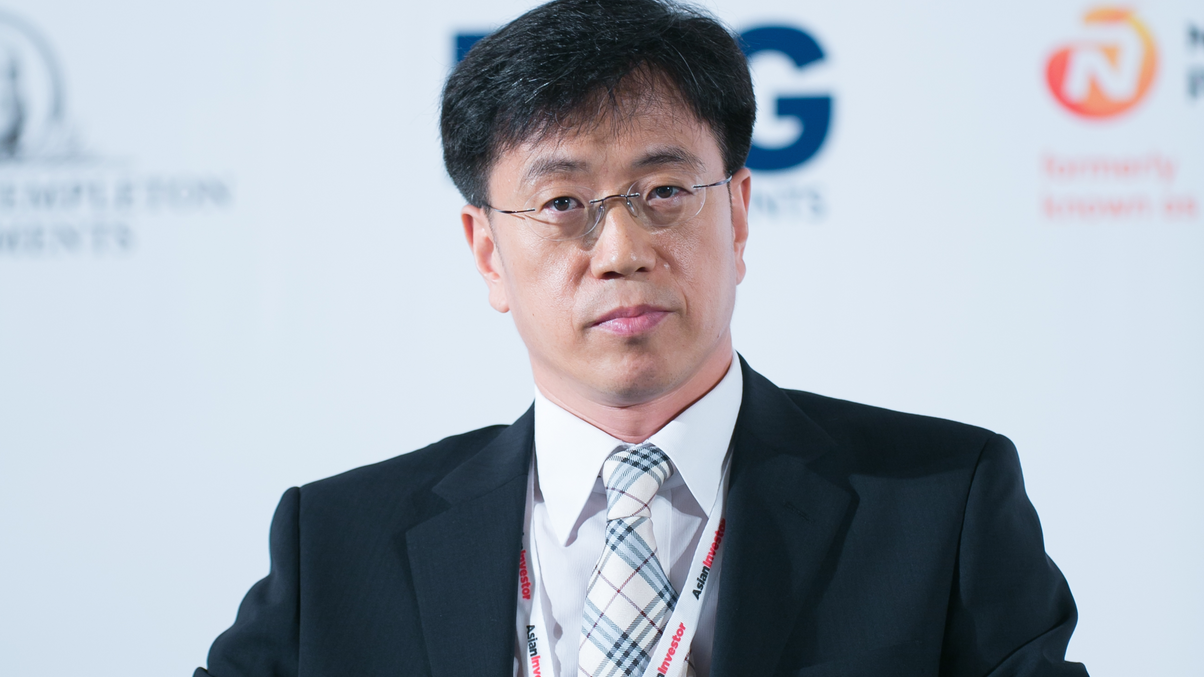Korea’s GEPS to raise alts, cut bond exposure
The pension fund will gradually reduce its fixed income allocation in favour of alternative assets until 2021, says head of investment strategy Richard Park Chunsuk.

Korea's Government Employees Pension Service (GEPS) is set to shrink its fixed income portfolio in favour of alternatives over the coming five years, as it seeks to better diversify its asset allocation and improve its risk-return profile.
Sign in to read on!
Registered users get 2 free articles in 30 days.
Subscribers have full unlimited access to AsianInvestor
Not signed up? New users get 2 free articles per month, plus a 7-day unlimited free trial.
¬ Haymarket Media Limited. All rights reserved.


